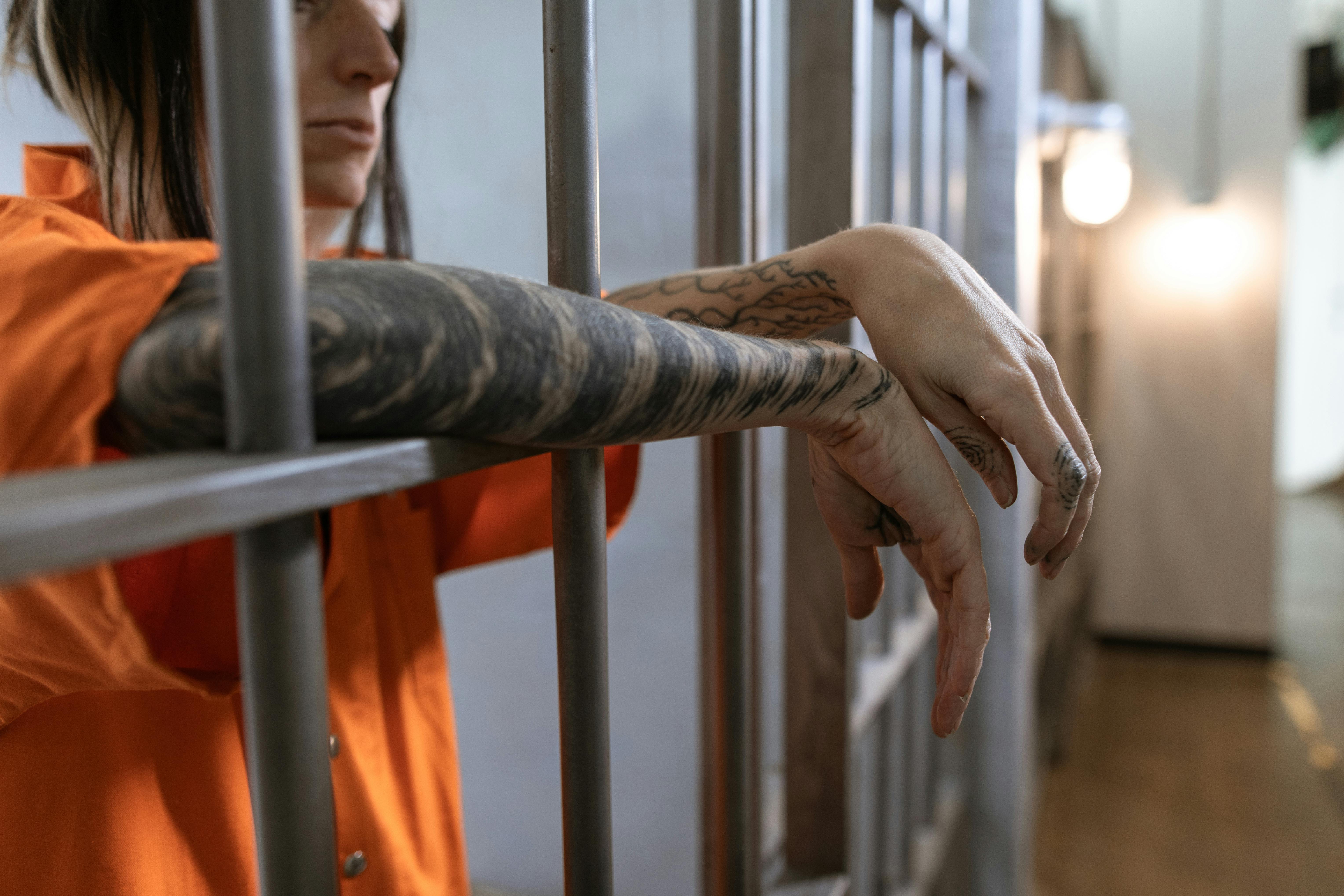I’m worried that my normal hair won’t grow back after my telogen effluvium ends: ideas to help
I sometimes hear from people who have been suffering from telogen effluvium hair loss that they worry that their hair follicles have become damaged and as a result will not be able to produce healthy or normal hair once again.
Common comments are things like, “I’ve had hair loss for over a year. During that time, my new growth was thin and constantly falling out, so I never had a chance to grow it back normally. Now, it seems that the fall has stopped.. But I am worried about my regrowth. Will my follicles be able to grow normal, healthy hair again? Or have they been damaged by this process? I have a terrible feeling that I am going to grow back thin, sickly, loose. hairs”.
I’m certainly not a medical expert, but based on my own experience and observation, as long as the triggers that caused the shedding in the first place have been removed and you have no other hair loss or scalp issues, then your hair cycles are normal. (including regrowth) should eventually resume. Sometimes people worry that their scalp or their ability to regrow hair has been negatively affected because they see their new hair fall out or notice that it looks thin shortly after recovery. Sometimes the new hair has to grow a few inches in length before it begins to reach a normal diameter. Also, you may need a couple of shedding cycles before your normal hair cycles resume.
If your hair is a couple of inches long or you keep seeing things that worry you for a couple of months after recovery, then there are other possibilities. The first is that the original trigger has returned or a new trigger has emerged. If your hair loss is due to medical problems, then it may not be completely resolved. Another possibility is the inflammatory process. Rapid and drastic hair loss and growth can sometimes cause an inflammation process in the scalp that can affect regrowth. However, if this is the case, you will often see a reddish or pinkish scalp that feels tight or itchy.
If you’ve ruled these things out, ask yourself if it’s possible that telogen effluvium was an androgen-driven process instead. Androgen-induced hair loss or androgenetic alopecia is the most common form of hair loss, even for women. And one of the symptoms of this type of hair loss is a scalp and hair follicles that struggle to regrow and maintain healthy hair due to excess androgens (or your body’s reaction to normal androgens). time and you keep seeing things that worry you, then it might be a good idea to explore if your hair loss is androgen driven. Also, some hair loss begins as an effluvium and eventually becomes androgen-induced hair loss as soon as a person reaches the age when androgenetic alopecia would have started in the first place.
So to answer the question posed, in my experience the follicles are not negatively affected by shedding in the long run. While hair may look different when it’s still short and it’s not uncommon to have a few abnormal cycles before normal patterns resume, the follicles should behave normally several months after shedding ends. If they are not, then it is important to see if there are other possibilities (such as inflammation, medical issues, or androgens) that need to be addressed.
